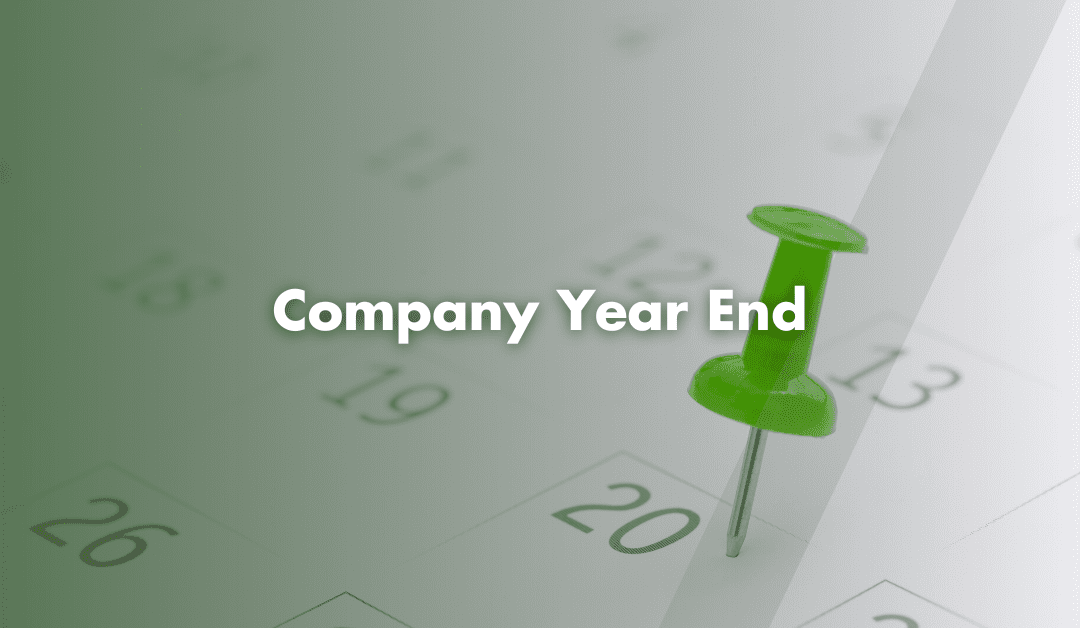
by Pi Accountancy | Oct 17, 2024 | Frequently Asked Questions
What is a Company Year End? Your Company Year End depends on your business and typically aligns with the date you registered your company with Companies House. It’s different from the tax year, which runs from 6th April to 5th April. Your Company Year End typically...

by Pi Accountancy | Oct 16, 2024 | Frequently Asked Questions
What is a Financial Year End? A financial year end, also known as a business year end or fiscal year end, marks the end of a 12-month period that businesses use to report their financial performance. This period marks the time when businesses close their accounts and...
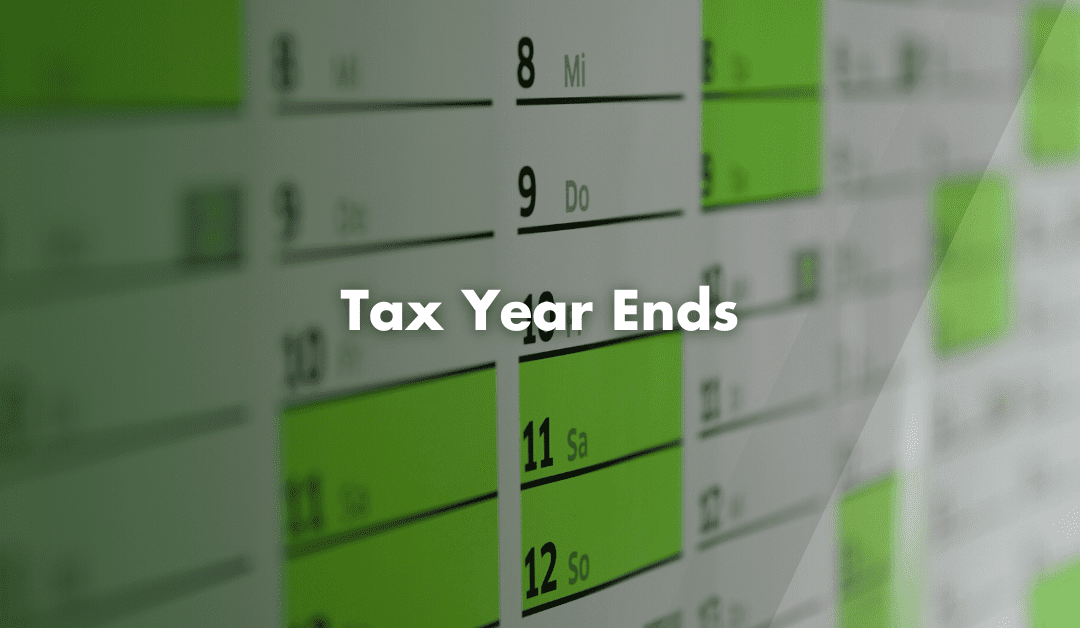
by Pi Accountancy | Oct 15, 2024 | Frequently Asked Questions
What is a Tax Year End? The UK Tax Year runs from 6th April until the 5th April of the following year. HMRC uses this timeframe to calculate your liabilities for the year, whether it’s Income Tax, Corporation Tax or Capital Gains Tax. For example: The tax year...
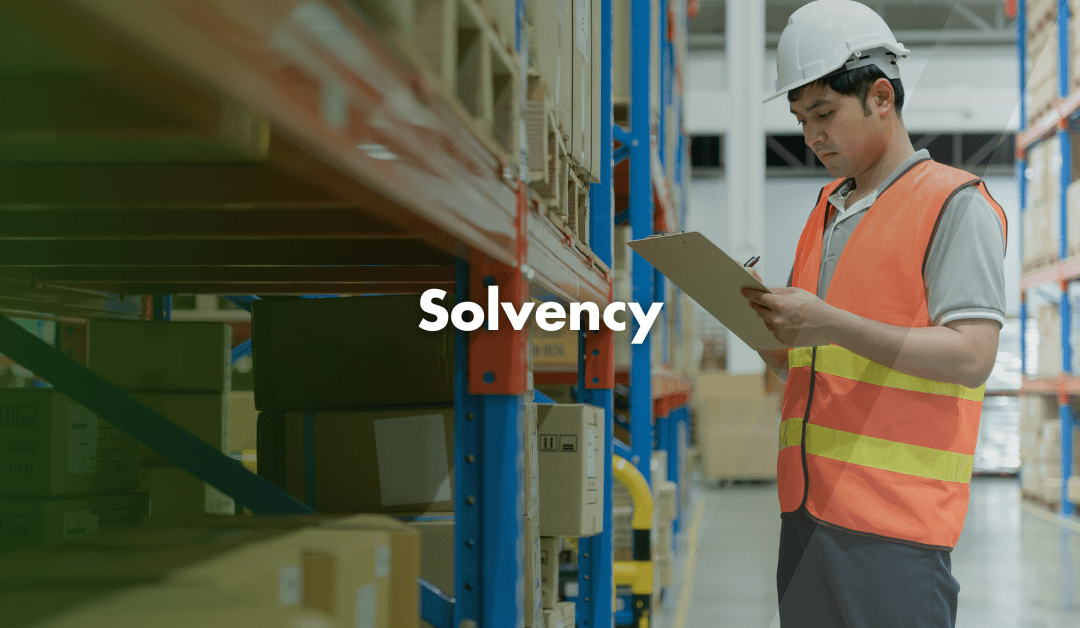
by Pi Accountancy | Oct 10, 2024 | Frequently Asked Questions
What is Solvency? Solvency refers to a business’ ability to meet its long-term financial obligations. Simply, it measures whether a business has enough assets to cover its debts. A solvent business is one that can pay off its liabilities over the long term,...
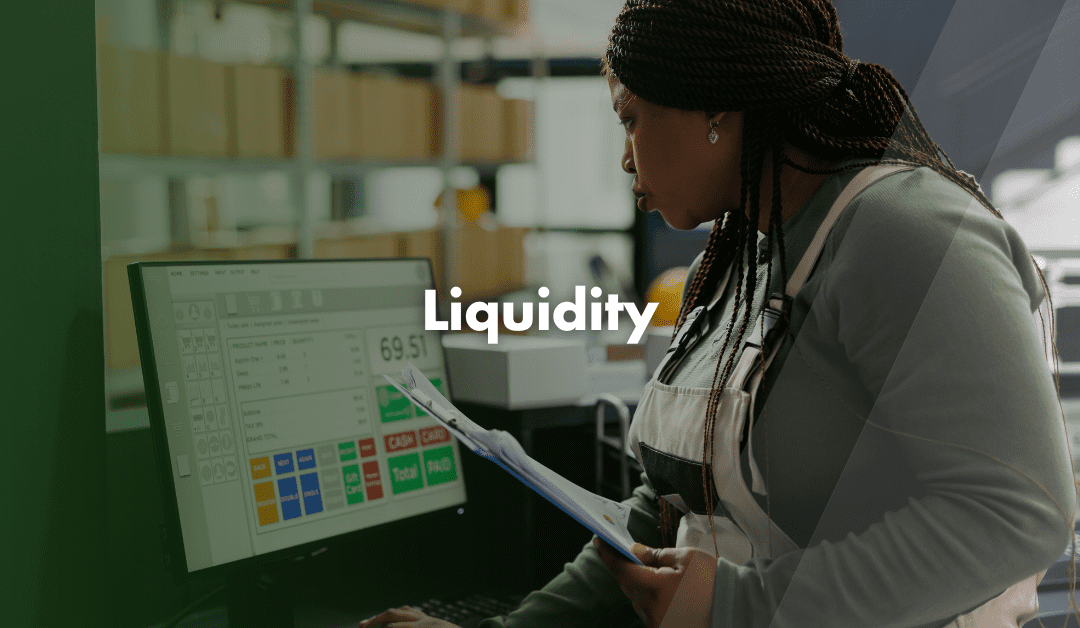
by Pi Accountancy | Oct 9, 2024 | Frequently Asked Questions
What is Liquidity? Liquidity measures how easily an asset converts into cash without losing value. Consider cash the most liquid asset because you can use it immediately for purchases or paying bills. On the other hand, assets like property or collectibles may take...
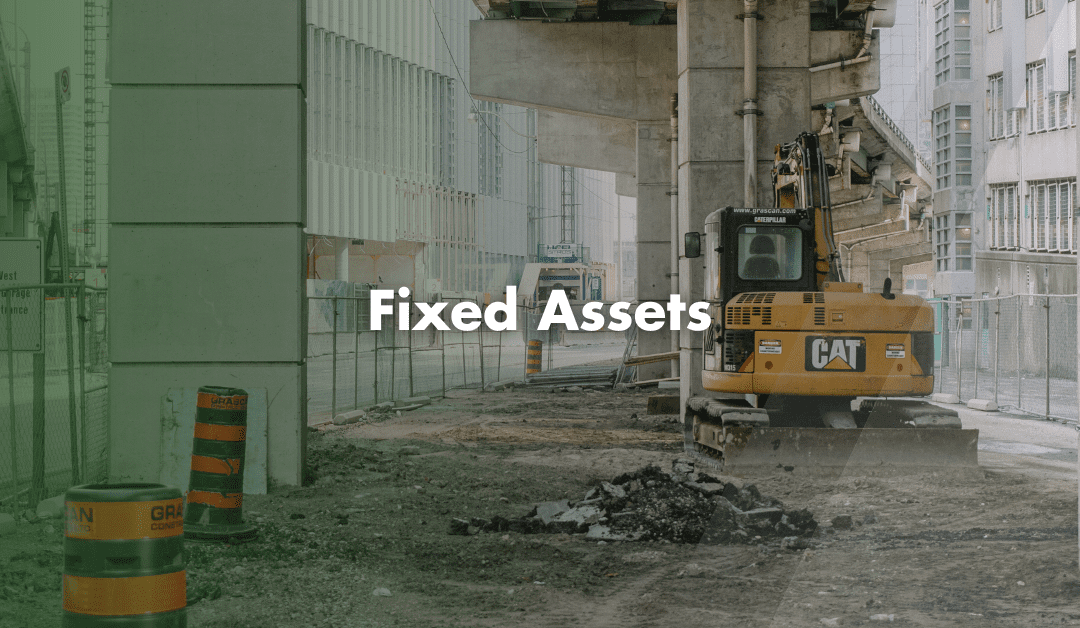
by Pi Accountancy | Oct 8, 2024 | Frequently Asked Questions
What are Fixed Assets? Businesses purchase fixed assets as long-term assets for continuous use. Businesses do not intend to resell or convert them into cash quickly. Instead, they support the business over several years. Examples of fixed assets include: Buildings:...
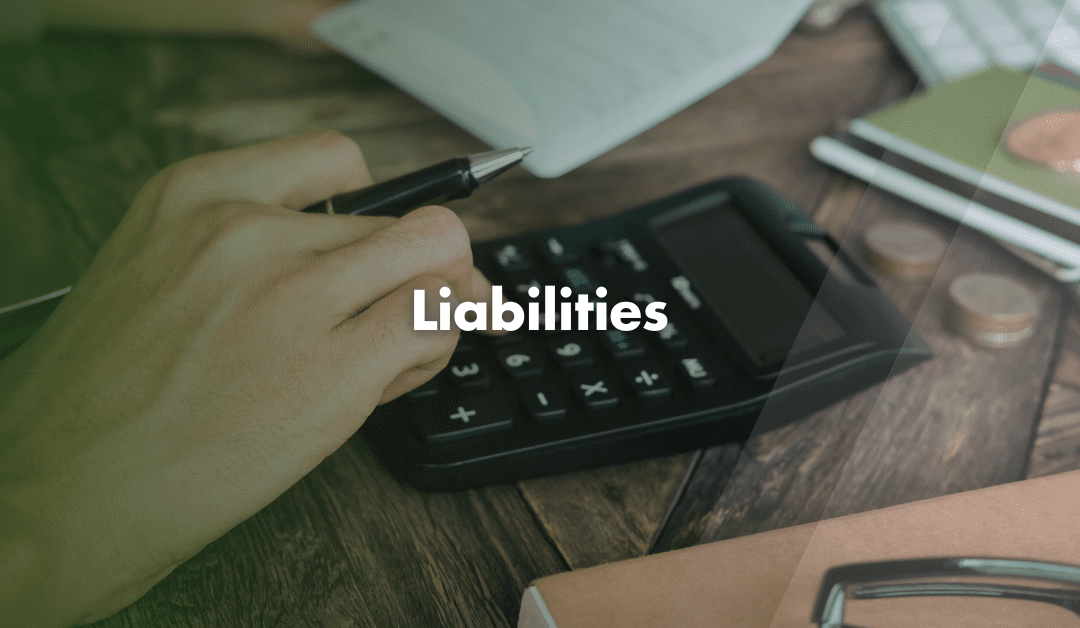
by Pi Accountancy | Oct 3, 2024 | Frequently Asked Questions
What is a Liability? A liability is a debt or obligation a company must settle. This can be in the form of money, goods, or services. You should record liabilities on the right side of the balance sheet; which includes loans, accounts payable, mortgages, deferred...
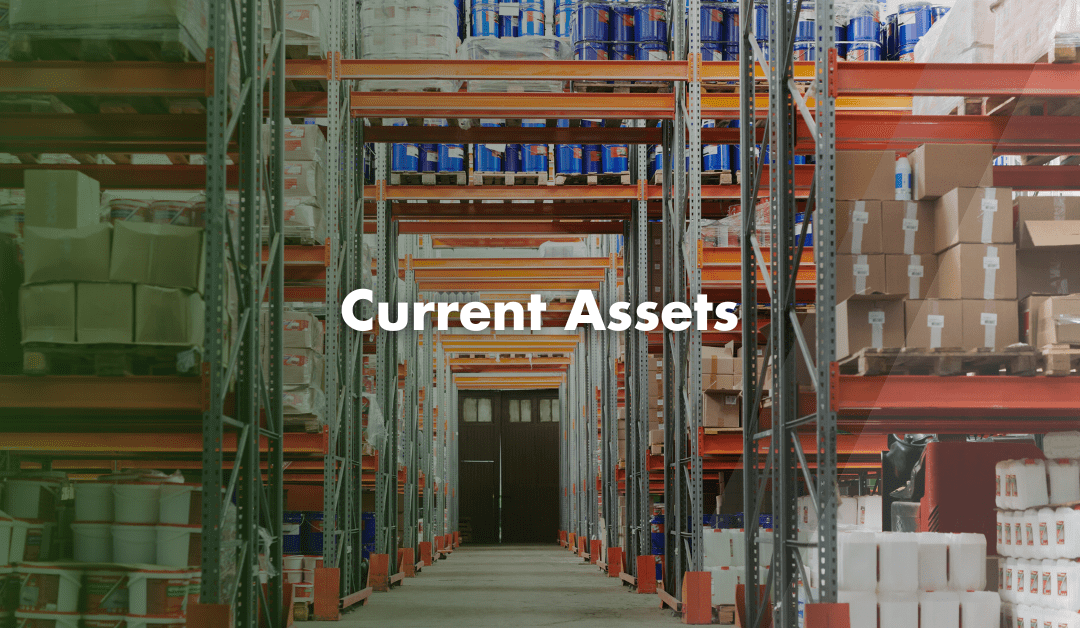
by Pi Accountancy | Oct 1, 2024 | Frequently Asked Questions
What are Current Assets? Current Assets (CA) are short-term resources that a business owns and expects to convert to cash or use up within one year. Current assets appear first on a company’s balance sheet under the Assets section and support the daily...

by Pi Accountancy | Sep 26, 2024 | Frequently Asked Questions
What is Cash Accounting? Cash accounting, also called cash-basis, is a method of recording income and expenses based on when money actually enters or leaves your business account. This means you record a payment only when you receive it, and an expense only when you...
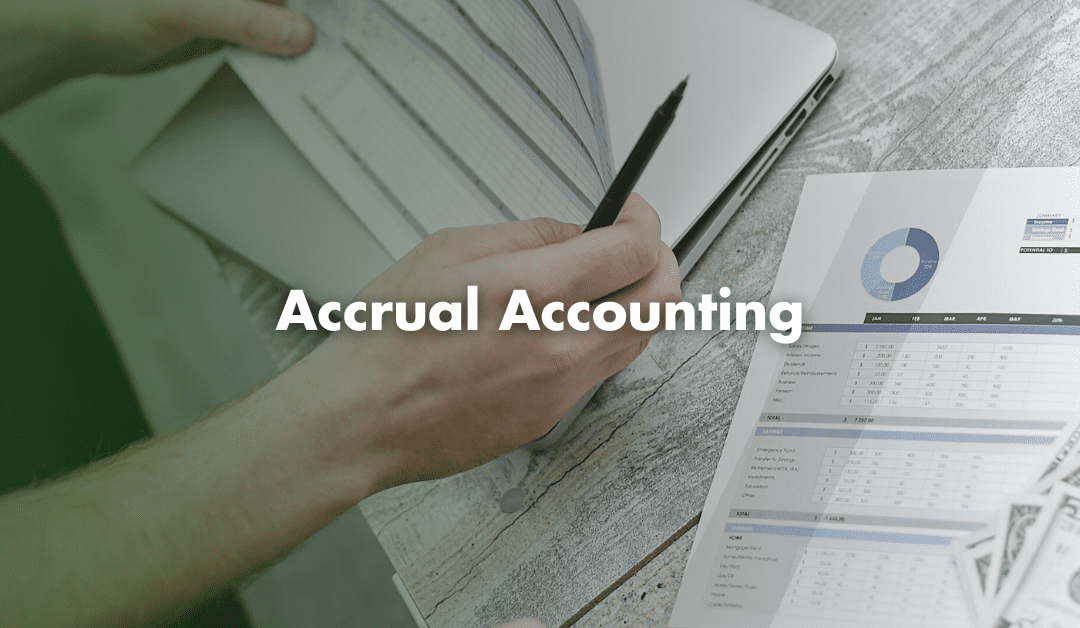
by Pi Accountancy | Sep 25, 2024 | Frequently Asked Questions
What is Accrual Accounting? Accrual accounting is a method of recording financial transactions when they happen, rather than when money changes hands. This approach helps businesses gain a more accurate picture of their financial health by tracking income and expenses...
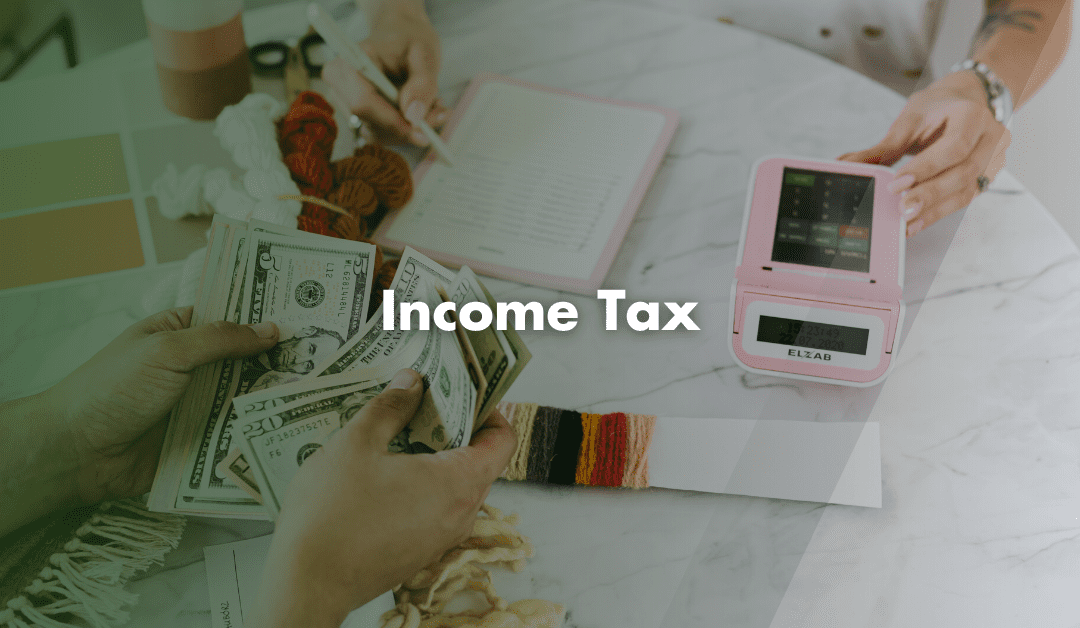
by Pi Accountancy | Sep 19, 2024 | Frequently Asked Questions
What is Income Tax? HMRC levies Income Tax on various forms of income earned by individuals, businesses, and other entities, though not all income qualifies as taxable. Taxpayers pay Income Tax directly to HMRC, instead of through indirect collection methods. HMRC...
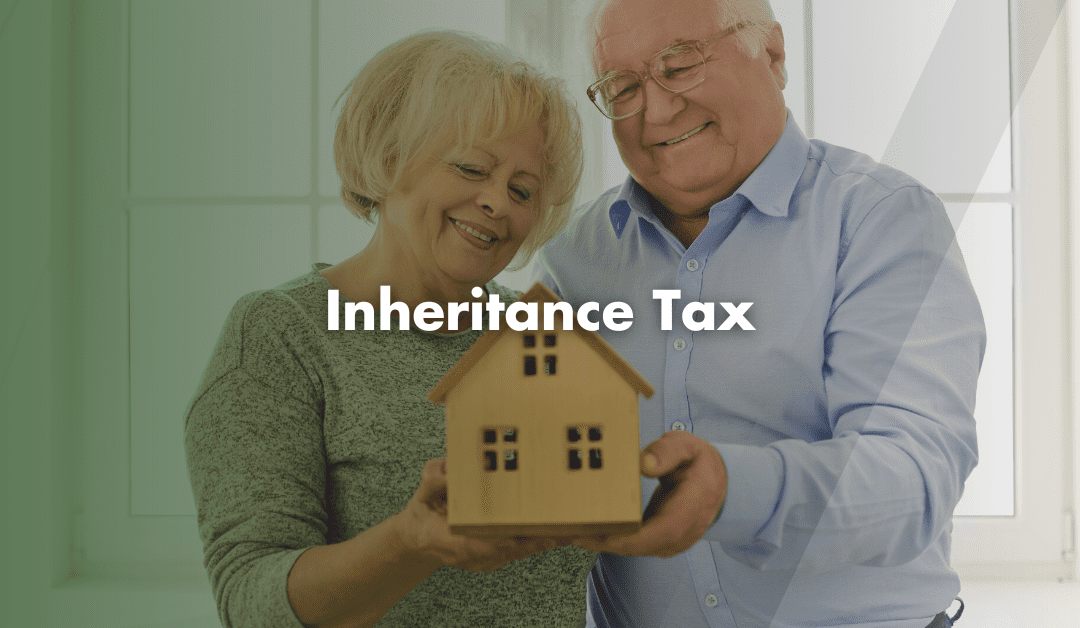
by Pi Accountancy | Sep 18, 2024 | Frequently Asked Questions
What is Inheritance Tax? Inheritance Tax (IHT) is a tax on the estate of a deceased person. This includes all property, possessions, and money – based on its value at the time of death. At this time, the government charges Inheritance Tax at 40% on the portion...
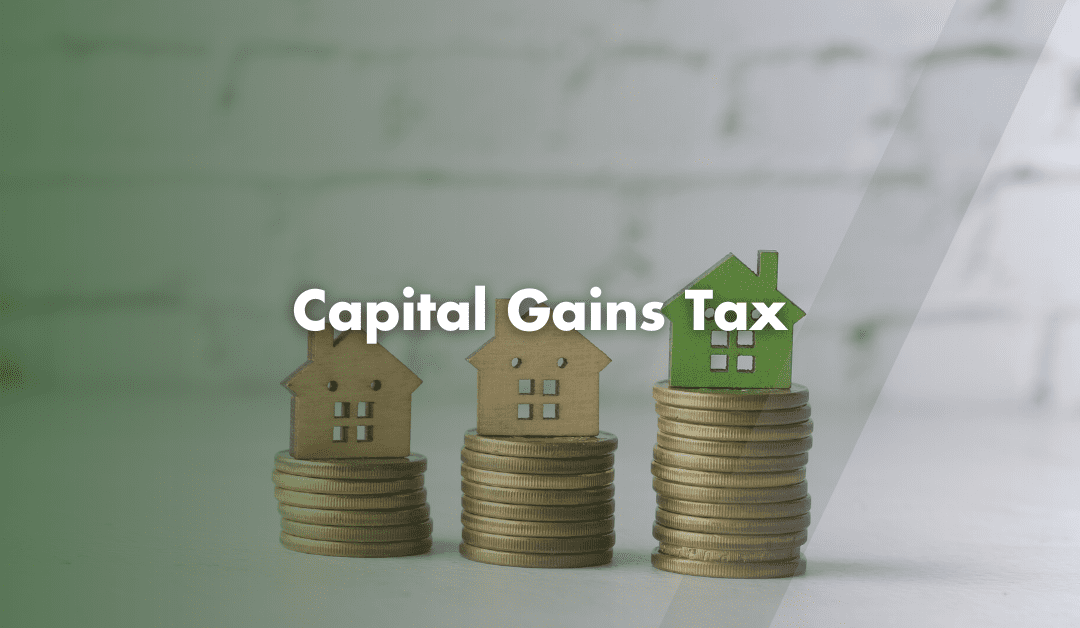
by Pi Accountancy | Sep 17, 2024 | Frequently Asked Questions
What is Capital Gains Tax? Capital Gains Tax (CGT) is a tax on the profit you make when you sell or dispose of an asset that has increased in value, including assets like stocks, property, and artwork. Additionally, the tax applies to the gain you make, not the total...
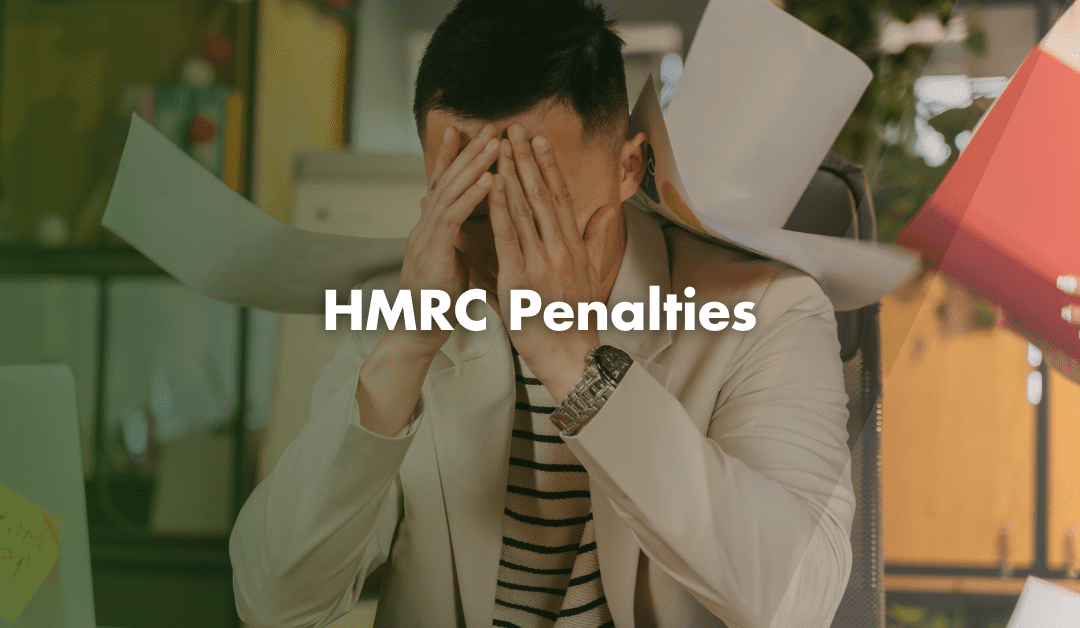
by Pi Accountancy | Sep 5, 2024 | Frequently Asked Questions
What are HMRC Penalties? HMRC imposes penalties on taxpayers who fail to comply with their tax obligations. Consequently, these penalties serve as a deterrent to non-compliance and encourage everyone to adhere to tax laws. If you don’t file your tax return on...
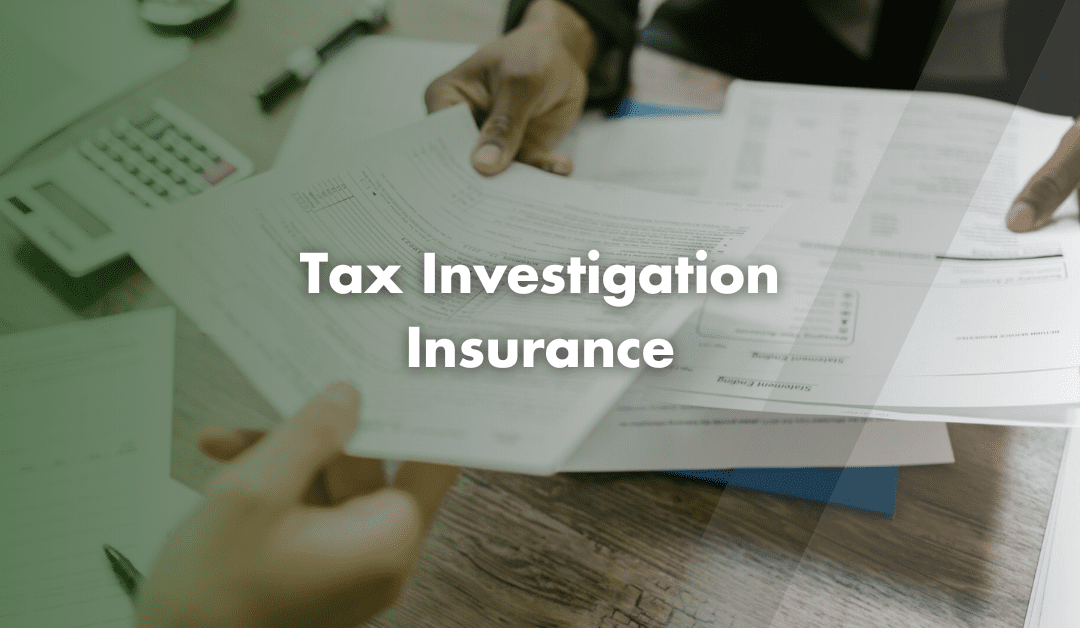
by Pi Accountancy | Sep 4, 2024 | Frequently Asked Questions
What is Tax Investigation Insurance? Tax Investigation Insurance is a specialised insurance policy that helps individuals and businesses cover the costs associated with a tax investigation conducted by HMRC. Specifically, HMRC conducts these investigations as routine...

by Pi Accountancy | Sep 3, 2024 | Frequently Asked Questions
What is a Tax Investigation? A tax investigation is not an accusation of wrongdoing but a process to verify that a business or individual complies with HMRC’s tax laws and has paid the correct tax amount. What Triggers a Tax Investigation? Tax investigations can...
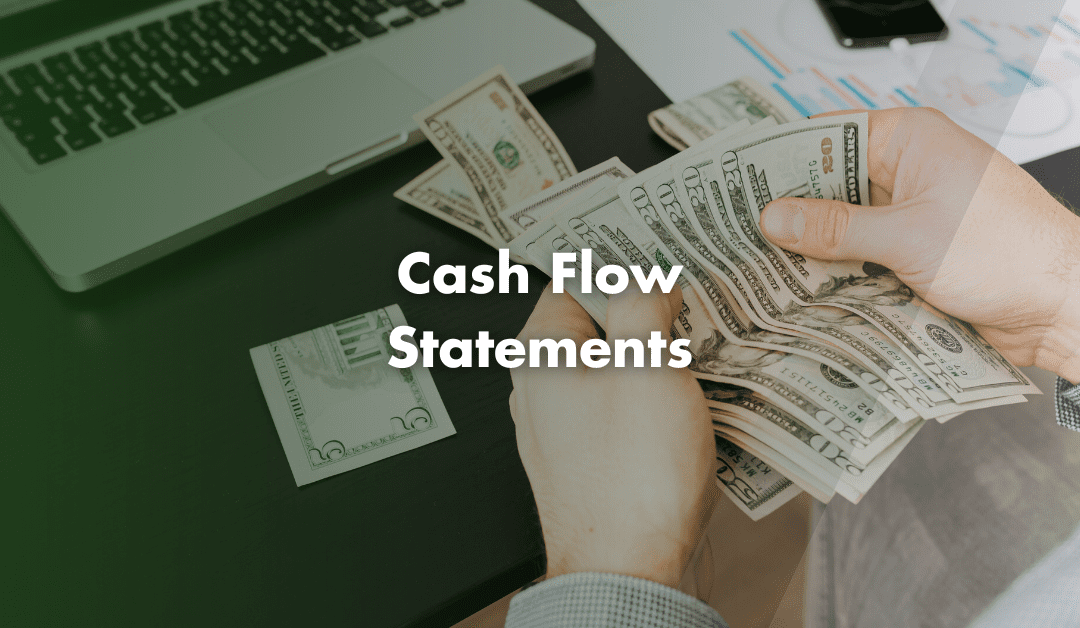
by Pi Accountancy | Aug 28, 2024 | Frequently Asked Questions
What is a Cash Flow Statement? A Cash Flow Statement outlines the inflows and outflows of cash and cash equivalents in your business. It provides insights into your company’s liquidity by covering debts and operating expenses without additional financing. Unlike...
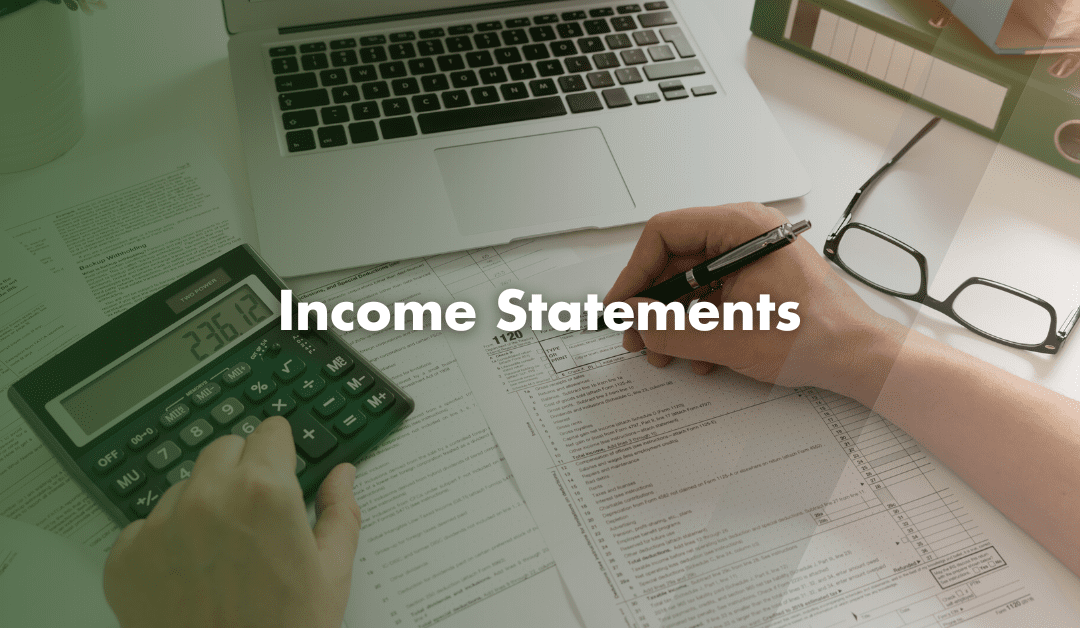
by Pi Accountancy | Aug 28, 2024 | Frequently Asked Questions
What is an Income Statement? An Income Statement, also known as a Profit and Loss Statement (P&L), summarises a company’s income and expenses over a specific period. It provides a snapshot of a business’s financial performance and is essential for...
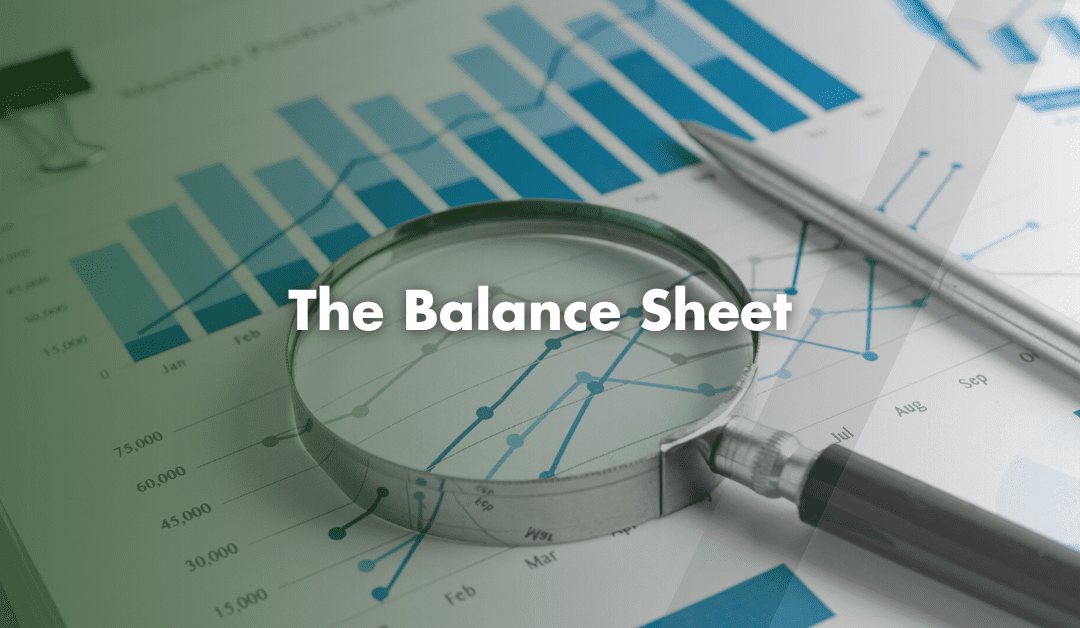
by Pi Accountancy | Aug 27, 2024 | Frequently Asked Questions
What is a Balance Sheet? The Balance Sheet provides a snapshot of a company’s assets, liabilities and equity at a given point in time. This enables stakeholders to assess the financial health and operational results of the business. Moreover, a Balance Sheet is...
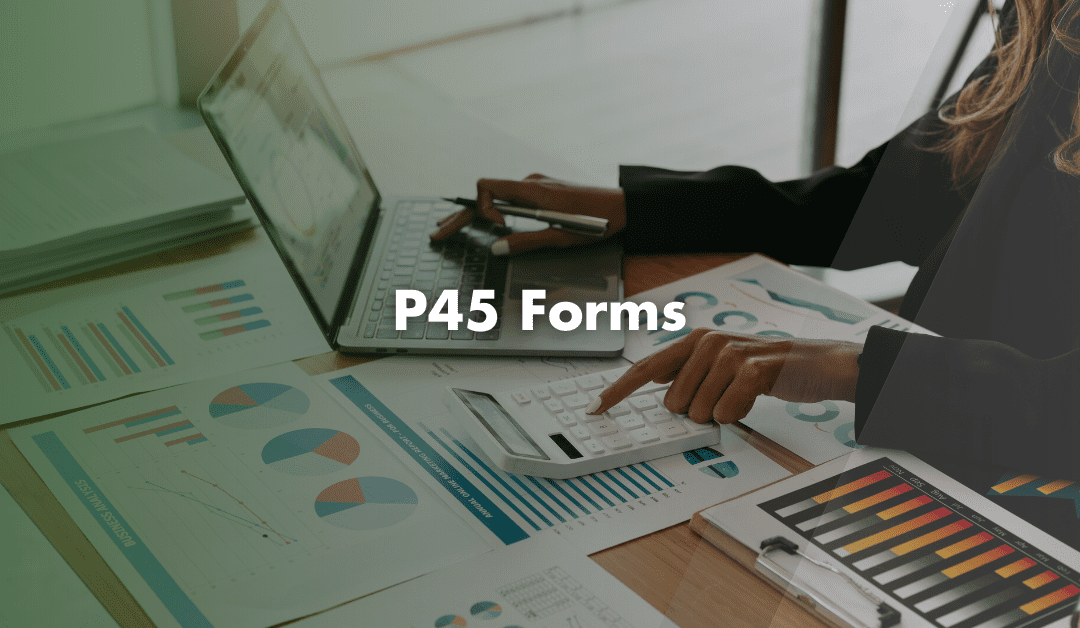
by Pi Accountancy | Aug 22, 2024 | Frequently Asked Questions
What is a P45? A P45 document records details about your income and the tax you’ve paid while working for a particular employer. The form ensures that your tax records are accurate and up-to-date, both for you and for HMRC. You will receive a P45 when you leave...
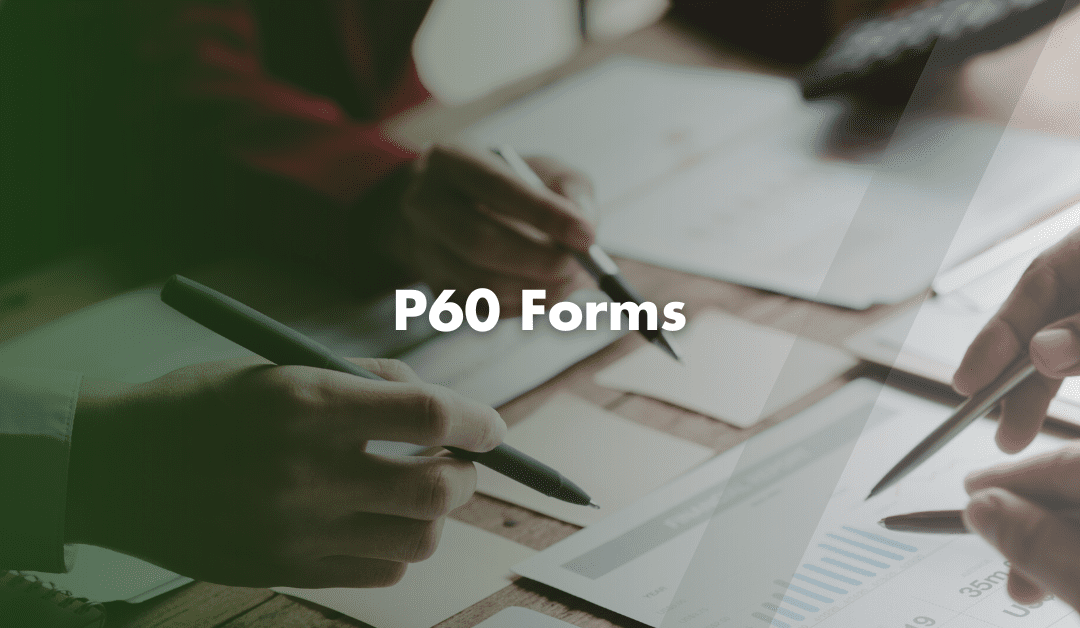
by Pi Accountancy | Aug 21, 2024 | Frequently Asked Questions
What is a P60? Your employer issues a P60 at the end of each tax year, summarising your income and tax deductions from April 6th to April 5th of the following year. This form provides a clear record of what you earned and the taxes you paid over the year. What...

by Pi Accountancy | Aug 20, 2024 | Frequently Asked Questions
What is a P30? Employers use a P30 form to report their National Insurance Contributions (NICs) to HMRC. In the UK, employers are responsible for deducting NICs from their employees’ wages or salaries. These deductions help fund essential social services like...

by Pi Accountancy | Aug 15, 2024 | Frequently Asked Questions
What is an Accounting Journal? An accounting journal is a record where businesses document their financial transactions in chronological order. This process is the first step in the accounting cycle and is crucial for accurate financial reporting. Accountants and...
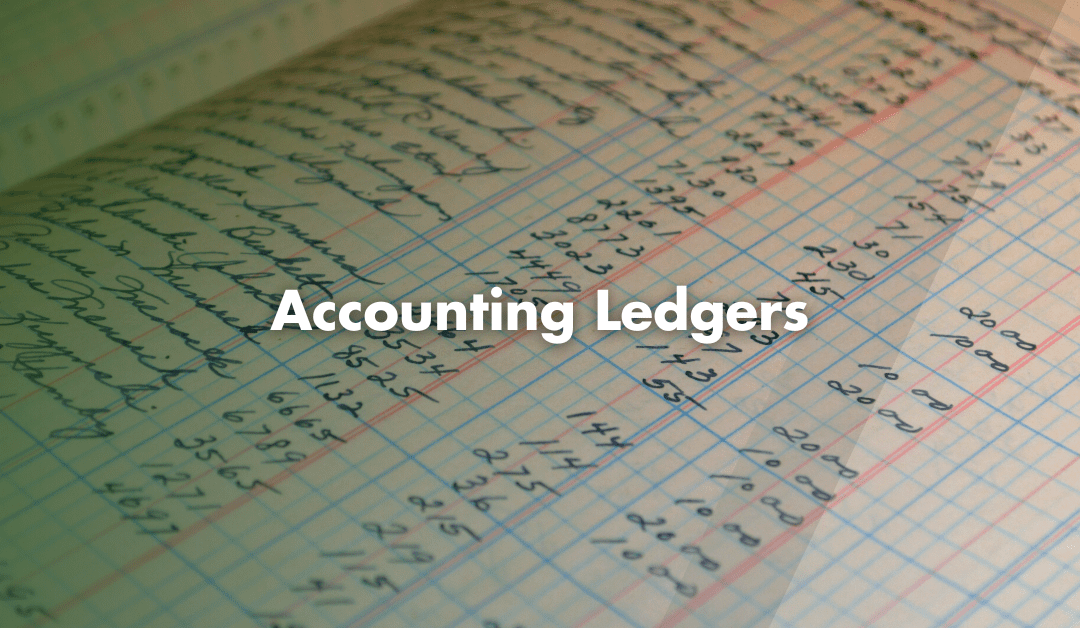
by Pi Accountancy | Aug 14, 2024 | Frequently Asked Questions
What is an Accounting Ledger? An accounting ledger records all financial transactions organised by account. This ledger records every financial move made by the business, providing a comprehensive view of its financial health. Think of it as the backbone of a...

























